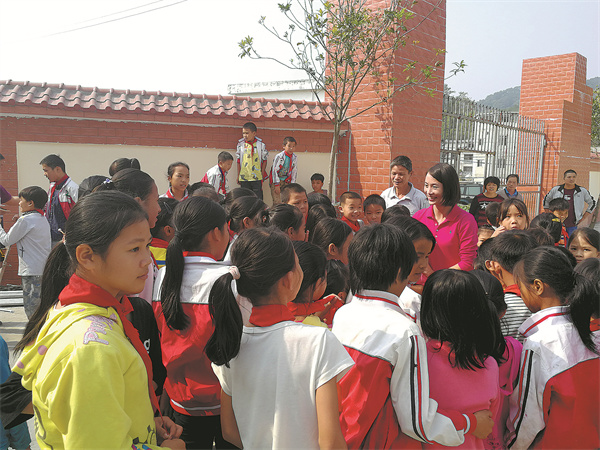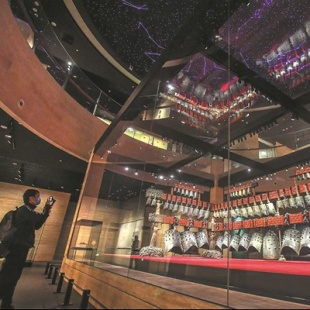Modernizing cultural richness


Hou learned Qinqiang Opera from her mother when she was just 4 and became a performer with a troupe in Yinchuan, Ningxia Hui autonomous region, at the age of 16.
In 1993, the troupe was dissolved and Hou left the stage she loved. She then did various jobs, such as working as a vendor, running a clothing shop and acting in small film roles to make ends meet.
In the past decade, the country has made great efforts to develop its culture. Listed as a national-level intangible cultural heritage in 2006, Qinqiang Opera has gradually regained its popularity. Hou returned to the stage in 2000 and devoted herself to the opera form, that dates back to the Qin Dynasty (221-206 BC).
"Ten years ago, our audiences were mostly old people and we were afraid we would lose them one day. Now we have lots of young audience members and our performances are warmly welcomed," says Hou, also deputy director of the Ningxia Performing Arts Group Qinqiang Theater.
Every year, Hou's team presents hundreds of Qinqiang Opera performances in the towns and rural villages of Ningxia.





































